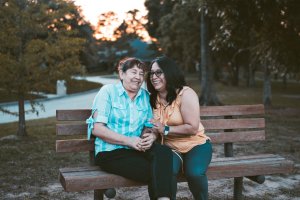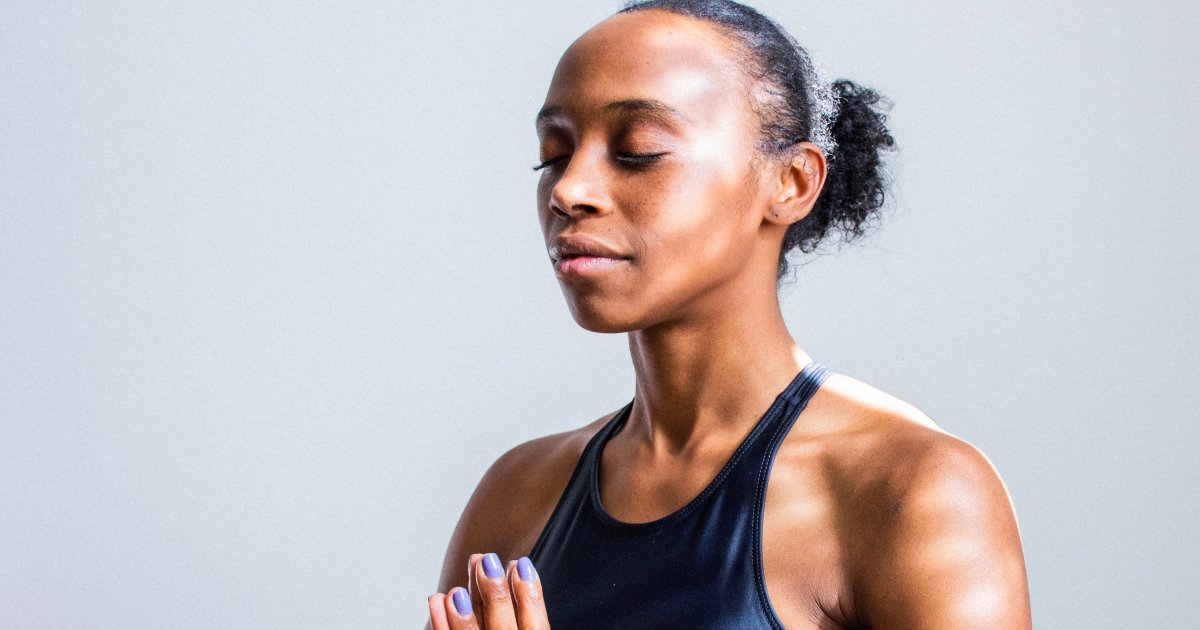Every new year — much less new decade — ushers in a sense of urgency. It can be as exhilarating as it can be challenging, especially for those, such as cancer survivors, focused more singularly on things like their health.
But greeting the world with a sense of purpose is possible no matter the circumstances. One way is to conserve your personal energy (think: pacing yourself, having realistic goals and making smart choices that help with the stress) so you have the strength and desire to do the things you want or need to do the most.
Read More1. Set Realistic Goals
Setting limited, sensible goals, whether concrete or aspirational, is a great way to let go of impossible expectations of being superhuman expectations we hold on to even when dealing with health issues. While it’s important to do what you want to do, keep in mind what you can do, says Dr. Michael Hayman, a radiation oncologist in New Orleans who counsels his patients on how to cope during treatment. “You might not be able to run a marathon,” he says, “[but] you can set a goal of walking.”Ovarian cancer survivor Cathy Dolan-Schweitzer, founder of Health Well Done, which works with healthcare contractors, says when she was in treatment her goal was to ski with her family. She did get to the slopes that winter to ski, but did have to turn back when her family took off for black diamonds (the more difficult slopes).
At first, she says, she was disappointed. "I got back to the ski lodge, went to the bathroom, and had a good cry," she recalls. “[Then] I realized this was the 'new normal,' and my family needed to adjust, too."
2. Plan Ahead

Feeling rushed can stress people out. To get the most out of each day, think about planning ahead. The Dana-Farber Cancer Institute in Boston suggests pacing yourself, and planning according to your energy pattern. For example, if you feel best in the morning, plan activities that you need to do then. It also recommends being organized to avoid multiple trips up and down stairs and in and out of rooms. Conserving your energy allows you to be in control of your priorities.
John Hogan, a visual artist and prostate cancer survivor in New York City who started radiation treatment between Christmas and New Year's in 2017, says he allowed himself more time to get to work, more time to get to radiation treatments — and more time for baths. "I didn't want to feel rushed, which always stresses me out,” he says.
3. Learn to Say ‘Yes’ — and to Say ‘No’
Being in as much control as possible is a great way to start a new year.
This can be as simple as saying “yes” to someone’s offer to take you out to dinner, says Dr. Hayman. It can also be as simple as saying “no” to that same offer should you not feel up to it, no matter how heartfelt and caring the invitation.
Hogan tells SurvivorNet that he took more control at work by saying “no” to responding immediately to work emails and requests. And he said "yes" to organizing his finances and household repairs — which helped him feel more in charge of his life — and became more receptive to suggestions, saying “yes,” for instance, “to things like visiting places I'd never been – and I was happy I did,” he says.
4. Spend Time with People Who Make You Feel Good

Some cancer survivors feel an urge to isolate themselves, whether because they’re feeling unwell (which, of course, is understandable), don’t know how to talk about what they’re going through, or even feel some shame that they’re not, at the moment, the same person they were.
But as the Mayo Clinic notes, friends and family provide an important circle of support for cancer survivors. If you feel awkward around them given your health, it suggests that you “start the conversation yourself. Let people know that you welcome their questions or that you don’t wish to talk about your cancer at that time.”
Experts suggest that friends and family of survivors offer specific ways they can help, but because not everyone knows to do this, the Mayo Clinic suggests people “plan ahead and come up with ways for people to give you some assistance, whether it’s helping around the house or just being there for you when you need to talk.”
Dr. Charles B. Strozier, a psychoanalyst who treats, among others, cancer patients, and is a cancer survivor himself, says having visitors helps keep up his spirits. “Lots of family and friends have been visiting and bringing nice presents [over the holidays],” he says. “I’m still recovering from my surgery [chemo starts in two weeks] and it has been wonderful — everyone has been kind and supportive. Never get isolated and lonely."
Dolan-Schweitzer says she spent time with supportive people like friends, family, her trainer, and her reflexologist before her chemo treatments. And Hogan says he’s made a point of being more social and talking with colleagues at work "rather than hide in my office.”
5. Meditate
This isn’t for everyone, but meditation and other wellness practices are commonly suggested to help relieve pain, stress and even to improve cognitive impairment. Many cancer survivors say they do find such practices enormously helpful, and an excellent way to both preserve energy and recharge.
"When I was going through chemo I meditated, I walked on the beach, I started drawing, I visualized positive images,” says Dolan-Schweitzer. “I believed in my oncology team and treatment and opened myself to receiving chemo so my body understood this was something healing."
(If you’re interested in learning to meditate, see the SurvivorNet video below.)
6. Exercise

Study after study shows that exercise helps ward off depression, and can help with recovery. Just this past week, it was reported that the National Health Service in the U.K. is encouraging people to participate in fitness programs within 48 hours of being diagnosed, according to Sky News.
"Doctors say by being fit, the side effects of treatments such as chemotherapy and the amount of time spent in the hospital can be reduced," the report said.
Dana-Farber notes that studies show low to moderate amounts of exercise actually help people feel less fatigued. Gentle yoga classes, short walks — everything helps.
7. Treat Yourself
Finally, while the holidays are a great time to indulge and to pamper, it shouldn't be the only time. As you usher in the New Year, remember to treat yourself to things that you love. Yes, the big things, like hanging with family and friends, or going to a basketball game, but also think small, the day-to-day pleasures that are often overlooked in the rush, from having a favorite cup of tea to playing your favorite card or board game.
Chad Landry, a cancer survivor and founder of the nonprofit Lympho-Maniac Cancer Fund in New Orleans, loves good food, so he says he treated himself to a delicious meal the night before each chemo appointment. "I knew I wouldn't want to eat for a day or two after treatment," he says.
RELATED: Alex Trebek Sits Courtside at Lakers Game on Christmas and Supporters Are Ecstatic
Dr Hayman recalls a patient who simply "allowed himself to play with his turtles and tortoises more."
Dolan-Schweitzer says her special treat was indulging in more TV, such as the show "Design on a Dime.” It made her happy, she says, to see projects being finished.
A Guided Meditation for the SurvivorNet Community
For those interested in trying this wellness technique, this video from Dr. Brian Berman, director of the Center for Integrative Medicine at University of Maryland, takes you through a guided meditation. Ideally, Dr. Berman recommends using this relaxation technique once or twice a day or for 10 to 15 minutes a day in order to really begin experiencing the benefits that come from meditation.
Learn more about SurvivorNet's rigorous medical review process.


